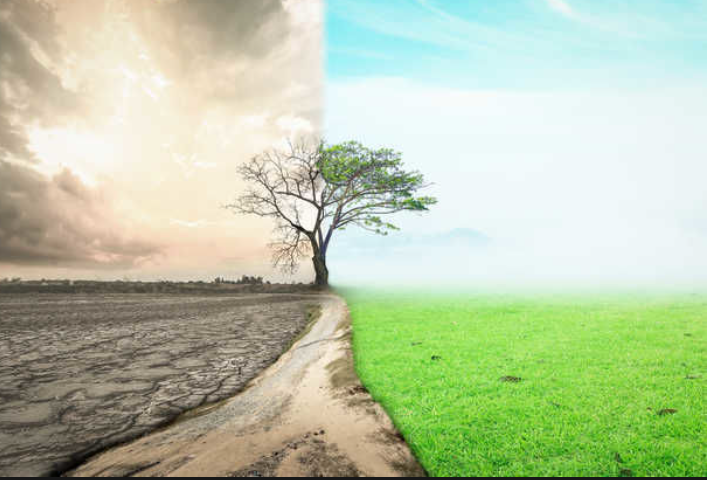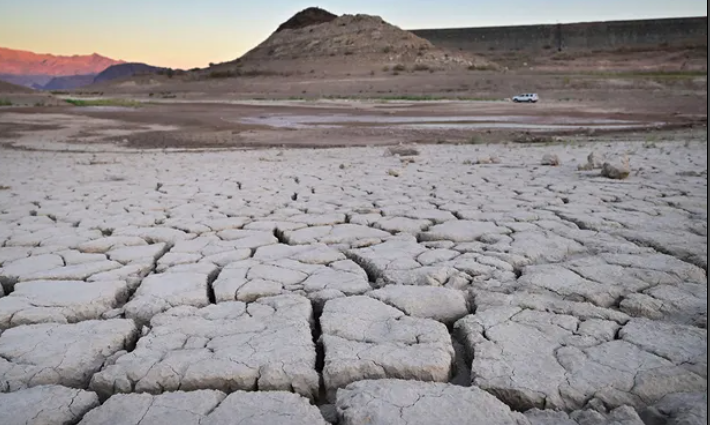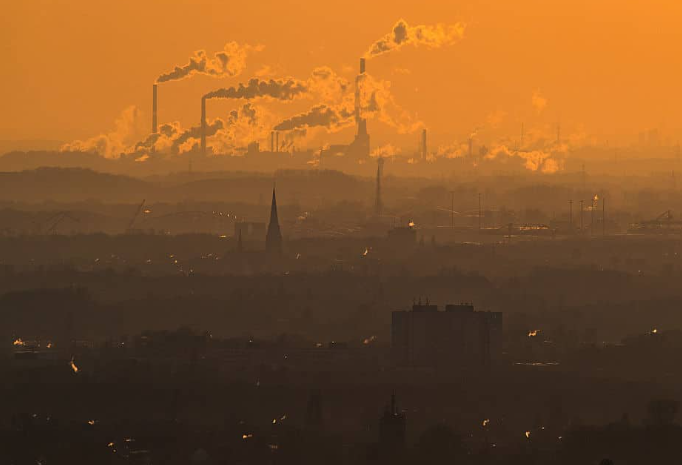The effects of climate change could be shaving half a year off your life, a new study warns.
According to a study published in the journal PLOS Climate on January 18, average human life expectancy is expected to drop by six months as a result of rising temperatures and rainfall, as well as the associated public health issues. “We urgently need to address climate change as a public health crisis, given the global threat it poses to billions of people’s well-being,” stated researcher Amit Roy, an associate professor of economics at Bangladesh’s Shahjalal University of Science and Technology. Heat waves and flooding are a direct threat to human health, but climate change can also produce more subtle health effects, such as an increase in respiratory disease and mental illness, researchers said in background notes.
To deduce how climate change might affect lifespan, researchers evaluated average temperature, rainfall and life expectancy data for 191 countries from 1940 to 2020. They calculated that a global temperature increase of 1 degree Celsius (1.8 degrees Fahrenheit) is associated with a decrease of about five months and one week in average human life expectancy.
Also read-King Charles Will Have A Standard, Secure Prostate Operation

A 10-point increase in a composite climate change index, taking into account both temperature and rainfall, is expected to decrease average life expectancy by six months, results show. Women and people living in developing nations fare the worst as climate change occurs, researchers said. Future studies of this sort should also gauge the impact of specific severe weather events, such as wildfires, tsunamis and floods. The effects of these events can’t be fully captured by analyzing temperature and rainfall alone, Roy said in a journal news release.

Climate change
Climate change presents a fundamental threat to human health. It affects the physical environment as well as all aspects of both natural and human systems, including social and economic conditions and the functioning of health systems. It is therefore a threat multiplier, undermining and potentially reversing decades of health progress. As climatic conditions change, more frequent and intensifying weather and climate events are observed, including storms, extreme heat, floods, droughts and wildfires. These weather and climate hazards affect health both directly and indirectly, increasing the risk of deaths, noncommunicable diseases, the emergence and spread of infectious diseases, and health emergencies.

Climate change is also having an impact on our health workforce and infrastructure, reducing our capacity to provide universal health coverage (UHC). More fundamentally, climate shocks and growing stresses such as changing temperature and precipitation patterns, drought, floods and rising sea levels degrade the environmental and social determinants of physical and mental health. All aspects of health are affected by climate change, from clean air, water and soil to food systems and livelihoods. Further delay in tackling climate change will increase health risks, undermine decades of improvements in global health, and contravene our collective commitments to ensure the human right to health for all.

Climate change impacts on health
The Intergovernmental Panel on Climate Change’s (IPCC) Sixth Assessment Report (AR6) concluded that climate risks are appearing faster and will become more severe sooner than previously expected, and it will be harder to adapt with increased global warming.
It further reveals that 3.6 billion people already live in areas highly susceptible to climate change. Despite contributing minimally to global emissions, low-income countries and small island developing states (SIDS) endure the harshest health impacts. In vulnerable regions, the death rate from extreme weather events in the last decade was 15 times higher than in less vulnerable ones.

Climate change is impacting health in a myriad of ways, including by leading to death and illness from increasingly frequent extreme weather events, such as heatwaves, storms and floods; the disruption of food systems; increases in zoonoses and food-, water- and vector-borne diseases; and mental health issues. Furthermore, climate change is undermining many of the social determinants of good health, such as livelihoods, equality, access to health care and social support structures. These climate-sensitive health risks are disproportionately felt by the most vulnerable and disadvantaged, including women, children, ethnic minorities, poor communities, migrants or displaced persons, older populations, and those with underlying health conditions.

Also read-Risks Of Heart Disease When Diabetes Is Reversed By Losing Weight, Too
images source: Google
Disclaimer: The opinions and suggestions expressed in this article are solely those of the individual analysts. These are not the opinions of HNN. For more, please consult with your doctor




































